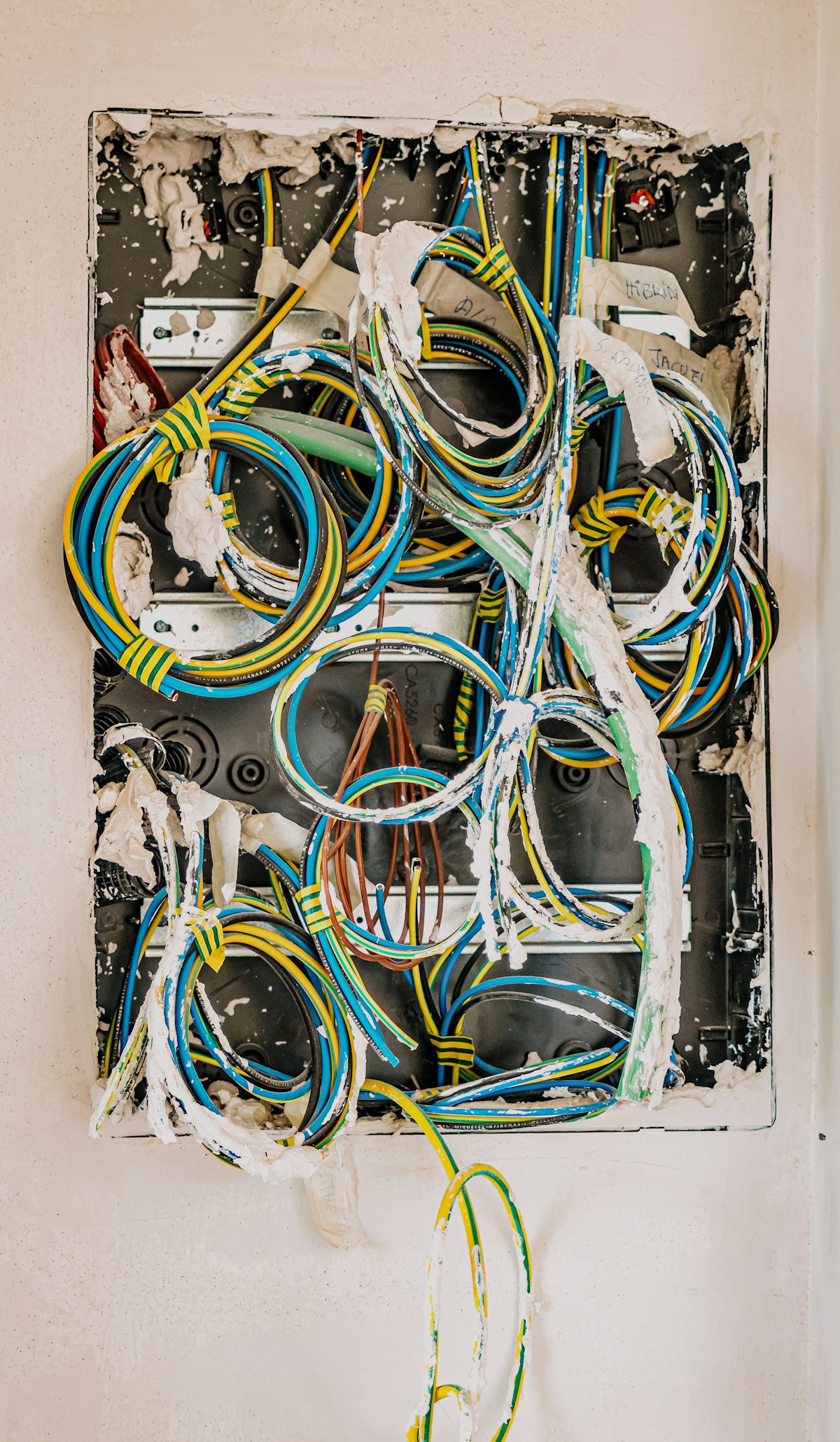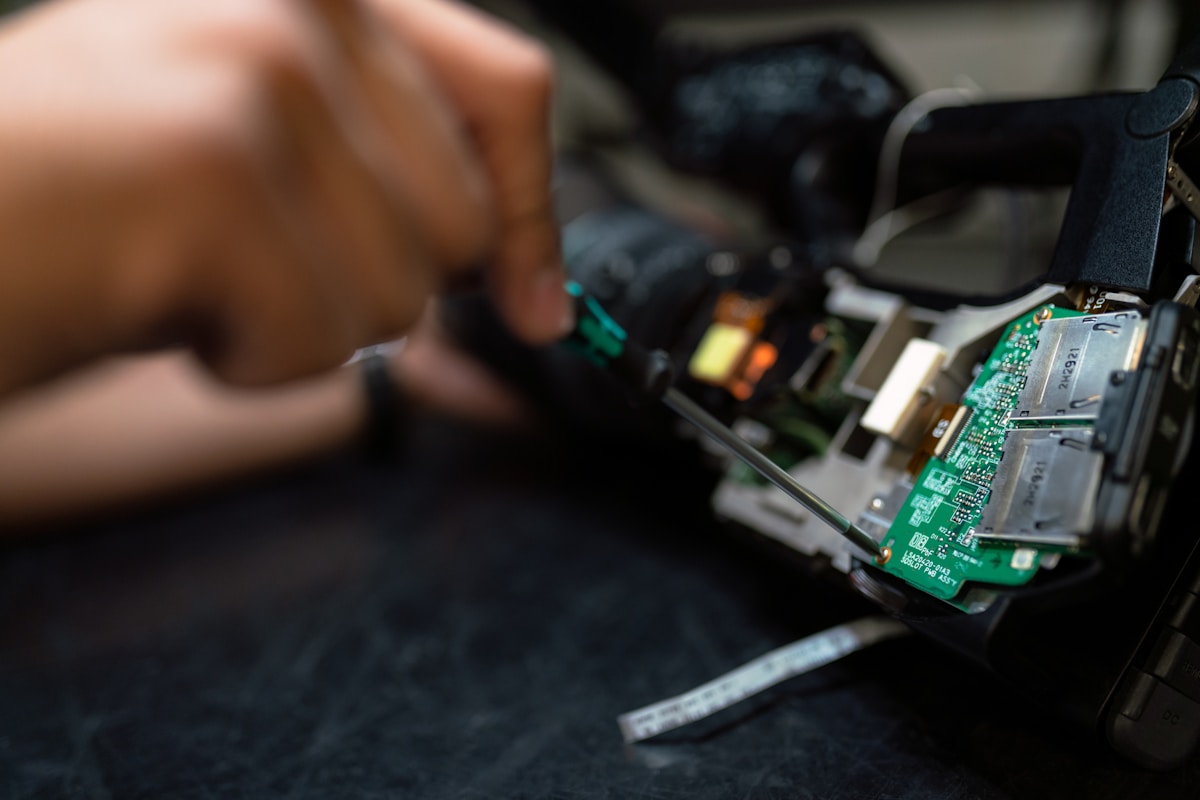Selecting Your Ideal Electrical Contractor in the NW
Contractor selection has gotten complicated with all the credentials to verify, quotes to compare, and red flags to watch for flying around. As someone who has worked with excellent contractors and helped homeowners recover from bad ones, I learned everything there is to know about making the right choice. Today, I will share it all with you.
Define Your Needs First
Probably should have led with this section, honestly—different contractors specialize in different areas:

Do you need a full electrical installation or just minor repairs? Identifying your specific requirements will help narrow down your choices.
Research and Recommendations

That’s what makes thorough research endearing to us protection-minded homeowners—it prevents problems:
- Gather recommendations from friends, family, and colleagues
- Use online reviews on Yelp and Google My Business to supplement
- People you trust provide valuable insights into their experiences
Verify Credentials
- Ensure the contractor is licensed—a valid license guarantees they’ve met required standards
- Verify they’re insured—this protects you from liability in case of accidents
- Ask for proof of both, and verify independently
Experience Matters
Consider how long the contractor has been in business. Experienced contractors are better equipped to handle various electrical issues and have developed practical skills over time.
Get Multiple Quotes
Obtain quotes from at least three different contractors. Be cautious of quotes that seem too low (might indicate subpar work) or too high (doesn’t guarantee quality).
Discuss Timelines and Warranties
Inquire about estimated timelines for completing your project. Reputable contractors offer warranties for their work—understand the terms and conditions. A warranty provides assurance that the contractor stands behind their work.
Written Contracts Are Essential
Always insist on a written contract detailing scope of work, cost, payment schedule, and timeline. Review carefully before signing. Verbal agreements lead to misunderstandings.
Local Expertise Helps
Local electricians are often more familiar with building codes and regulations in your area. Working with a local expert streamlines the process and ensures compliance with local requirements.


